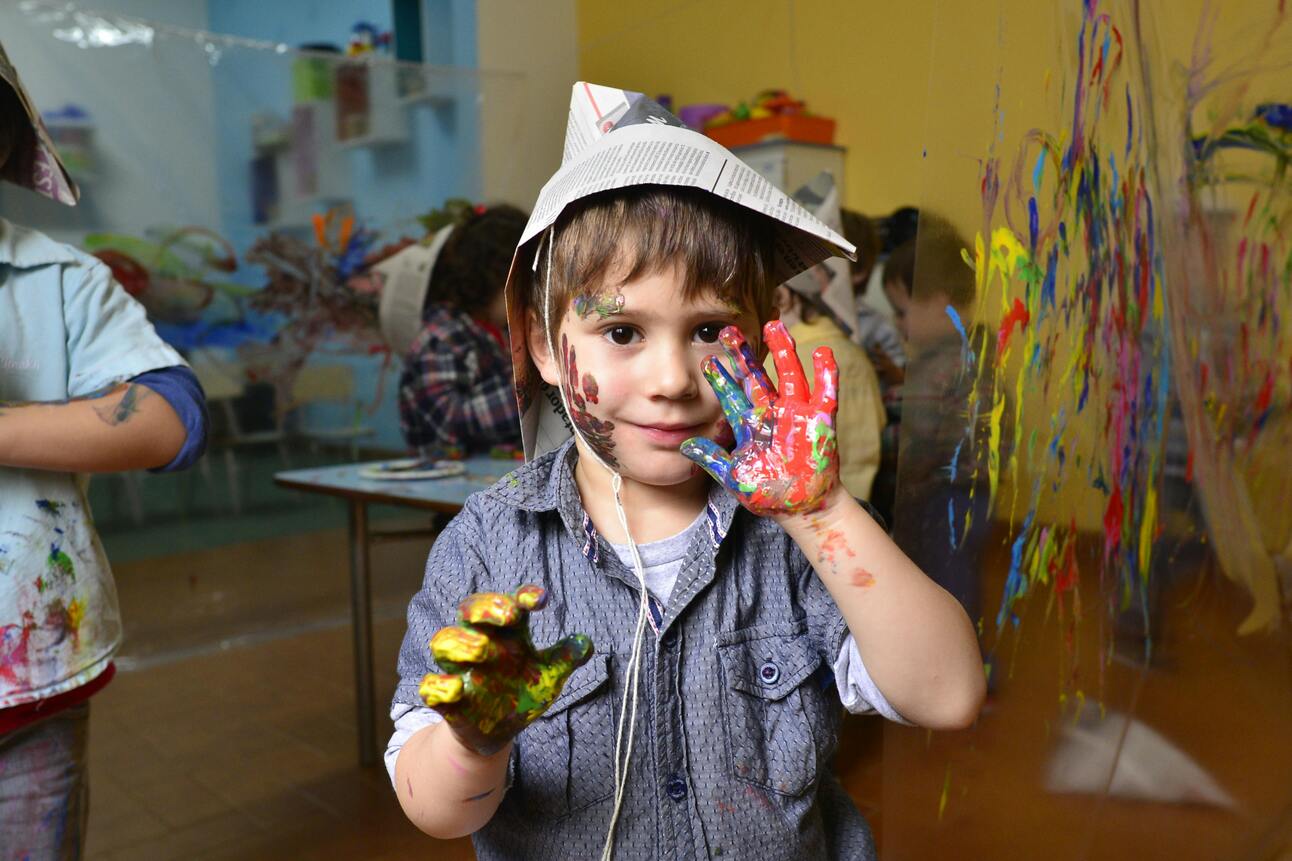- Sproutly
- Posts
- 🌱 The Importance of Play🌱
🌱 The Importance of Play🌱
Hello Sproutly Families,
Play is more than just fun—it’s a vital part of a child’s emotional, social, and cognitive development. Through play, children explore their world, express emotions, and build relationships. It also provides a wonderful opportunity for families to bond, create memories, and learn together.
Play is how children make sense of the world around them. Every moment of play is an opportunity for growth. Play fosters creativity, resilience, and problem-solving skills. It teaches children how to handle challenges, navigate social interactions, and develop self-confidence. More importantly, play creates a sense of joy and connection that strengthens family relationships and nurtures a child’s emotional well-being.
This week, let’s dive into why play matters, how it benefits your child’s development, and how you can encourage it in meaningful ways.
In this newsletter, you will get....

Parenting Tips

Photo by Kampus Production by on Pexels
Encouraging Healthy Play
Make Time for Play
In today’s busy world, play can sometimes take a backseat. Set aside dedicated playtime each day, even if it’s just 15–20 minutes of focused, uninterrupted interaction.
Let Your Child Lead
Child-led play allows kids to express creativity and build confidence. Follow their cues, join in their imaginary worlds, and resist the urge to direct.
Use Play to Teach Social Skills
Board games, pretend play, and team activities help children learn cooperation, patience, and empathy.
Incorporate Different Types of Play
Balance structured play (like puzzles or sports) with free play (like make-believe and outdoor exploration). Each type supports different aspects of development.
Be Playful Yourself
Children learn best from example! When parents engage in play with enthusiasm, kids feel more connected and supported in their natural instincts to explore and create.

Activity of the Week

Photo by Natalia Olivera on Pexels
The Emotion Charades Game
Objective-Help children recognize and express emotions through play
Materials Needed-Index cards or small pieces of paper with different emotions written or drawn on them (happy, sad, excited, frustrated, etc.).
Steps:
Write or draw different emotions on individual cards.
Take turns picking a card and acting out the emotion without words.
Have the other players guess the emotion being portrayed.
Discuss the guessed emotion—when have they felt that way? What helps them when they feel that emotion?
Bonus Variation- Add a cooperative element by asking players to suggest ways to comfort or support someone experiencing each emotion.
Play is the language of childhood, and through it, children learn some of life’s most important skills. By making time for play, engaging in fun activities, and using play as a tool for emotional growth, you’re giving your child a strong foundation for a happy and healthy life.
As parents, you don’t need expensive toys or elaborate activities—what matters most is your presence and engagement. Whether it’s a silly game, a craft project, or a nature walk, every playful moment strengthens the bond you share with your child. We may sometimes feel pressure to ensure our children are constantly learning, but it’s important to remember that play itself is one of the most powerful learning tools.
So, let’s embrace playfulness this week—laugh a little louder, get a little messier, and cherish the joy that play brings to your family’s journey!
Warm regards,
Millie & Melissa
The Sproutly Team

New here? Join Our Newsletter
